UNRIVALED

By Norman Jetmundsen, Jr. | Co-Author Karin Dupree Fecteau


By Norman Jetmundsen, Jr. | Co-Author Karin Dupree Fecteau
By Norman Jetmundsen, Jr.
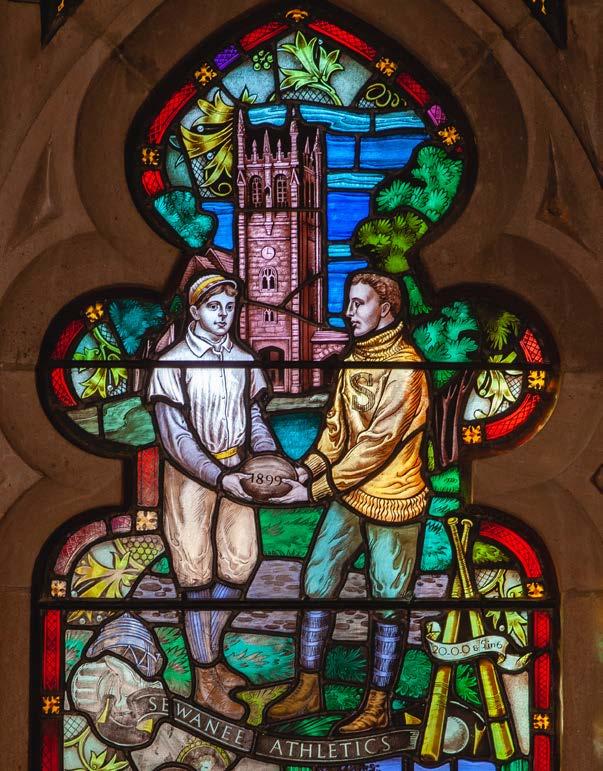
When I arrived on Sewanee’s campus as a freshman, it didn’t take long to hear about the famous football team of 1899. The posters about the team that played five games in six days—going undefeated against future football powerhouses before resting on the seventh day—were ubiquitous. I imagine most students had a similar experience of familiarity with the team’s story. After later returning as a professor and dean, I learned more about the history of The University of the South, including the 1899 team. Yet, when my classmates David Crews and Norman Jetmundsen produced a documentary film about the team, Unrivaled: Sewanee 1899, I realized there was much more to the story than I had ever imagined. Sewanee is a unique place with its 13,000–acre laboratory, playground, and sanctuary on the Cumberland Plateau in eastern Tennessee. There is an emphasis on close professor–student relationships, the Honor Code, a community founded on civility and mutual respect, and tradition. Tradition, rightly understood as learning from and retaining the best parts of the past— while being willing to change with the times and boldly anticipate the future—creates a strong bond between the past and present. For instance, Sewanee’s core mission since its founding has been to focus on a broad education across many disciplines, with an eye toward educating students to think critically and holistically and to communicate clearly, within the context of a moral and ethical framework. That mission continues,
even as the curriculum adjusts to meet the demands of the 21st century.
A powerful example of our tradition is the Iron Men of 1899, who accomplished the seemingly impossible and made a small college on a mountaintop proud to celebrate this amazing display of courage, tenacity, and perseverance, as well as our place in the history of college football. Sewanee’s glory days as a major college football program are long gone, but its commitment to educational excellence both inside and outside the classroom, and both in the College of Arts and Sciences and our Episcopal School of Theology, remains our central focus and raison d’être. Sports are still an important part of student life, and they play a key role in forming the character of our student-athletes, who play for the love of their game: amateurs in the best sense of the word.
As we celebrate the 125th anniversary of the 1899 team, I am delighted that this book will add to the history of the team and preserve its remarkable experience for future generations. This epic story serves as a beacon from the past of what we can achieve when we work together for a common purpose: It is both inspiring and humbling, and it is a reminder that character, determination, and teamwork prevail, then and now.

Rob Pearigen 18th Vice Chancellor of The University of the South
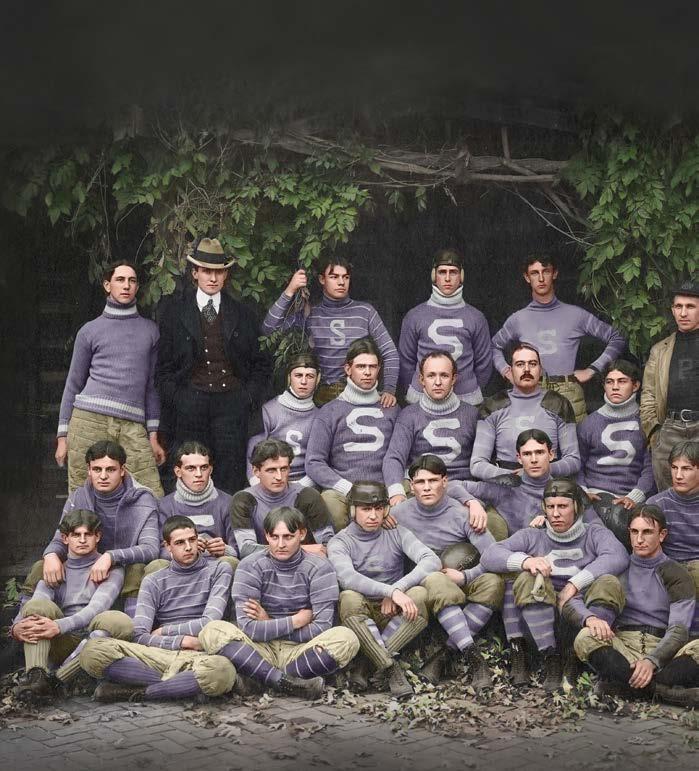

There is and always will be spirited debate as to who is the greatest college football team of all time.
Many teams and storied programs can lay claim to that honor. One achievement, however, is beyond debate: which team had the most extraordinary single season in college football history, a season that will never be equaled, much less surpassed. To answer that question, we have to go back to the year 1899 and a small Episcopal college in Tennessee on the Cumberland Plateau, The University of the South, known colloquially as Sewanee.
Like other exceptional human endeavors, the success of the Sewanee Tigers’ 1899 football season was due to a combination of vision, preparation, grit, determination, and luck in the face of numerous obstacles that threatened to derail the season.
The South was still recovering from the Civil War—which had ended 34 years earlier—and from the repercussions of defeat and reconstruction. The abolition of slavery and the Civil Rights Acts had upended the economic and social structure of the South. The University of the South, which was founded in 1858, was struggling to survive.
“The founders believed that every square inch of the 5,000 acres of land donated by the Sewanee Mining Company would be needed to create the university that they envisioned, which would be not simply colleges of different sizes but professional schools of all sorts. And they raised half a million dollars for that purpose at the time the cornerstone was dedicated in 1860.” —John McCardell
This vision for Sewanee was shattered by the Civil War. Several of the University’s founders had died fighting for the Confederacy, the original cornerstone was destroyed by Union forces, and the college treasury was depleted, all before a single student had matriculated to the Domain.
“The University … emerged from the war a very different kind of place from that which the founders envisioned. … There was not a penny left in the treasury. There was not a building left on the campus. And so, when they returned in 1866, there was some considerable doubt that the University would ever actually get back on its feet and open its doors.” —McCardell
The University did open its doors in 1868, just barely meeting a proviso that classes must begin within 10 years or the 5,000-acre land donation from the Sewanee Mining Company would be forfeited.
Near the turn of the century, Sewanee was still in a precarious financial position. The 1899 team’s extraordinary season forever cemented Sewanee’s place in the history of football and gave the University a never-failing source of pride and inspiration. n
Left: The Iron Men of 1899
“There was a time, more than a century ago, when The University of the South was the baddest college football team in America.” 1 —Adam Doster
DEDICATED TO: Kelli, Jonathan, Nelson, and Taylor
Author: Norman Jetmundsen, Jr. | Co-Author: Karin Dupree Fecteau
Illustrations: Ernie Eldridge, Jim Trusilo | Copy Editors/Proofreaders: Susan Alison, Taylor Jetmundsen Executive Assistant: Mary Lynn Porter
Copyright ©2024 | All Rights Reserved | ISBN #: 979-8218-42019-2 | Publisher: Shakerag Hollow Press
“My heart is and always will be yours.” —Jane Austen, Pride and Prejudice No part of this copyrighted work may be reproduced, republished, or used in any form or by any means— graphic, electronic, or mechanical—without the
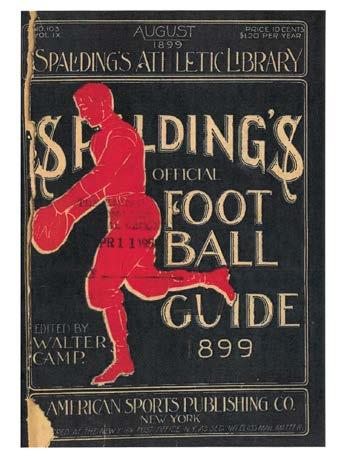

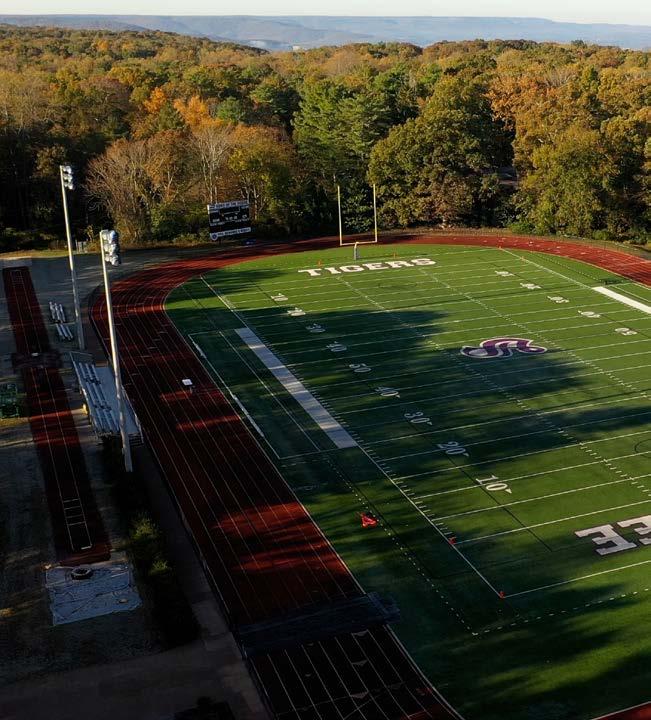
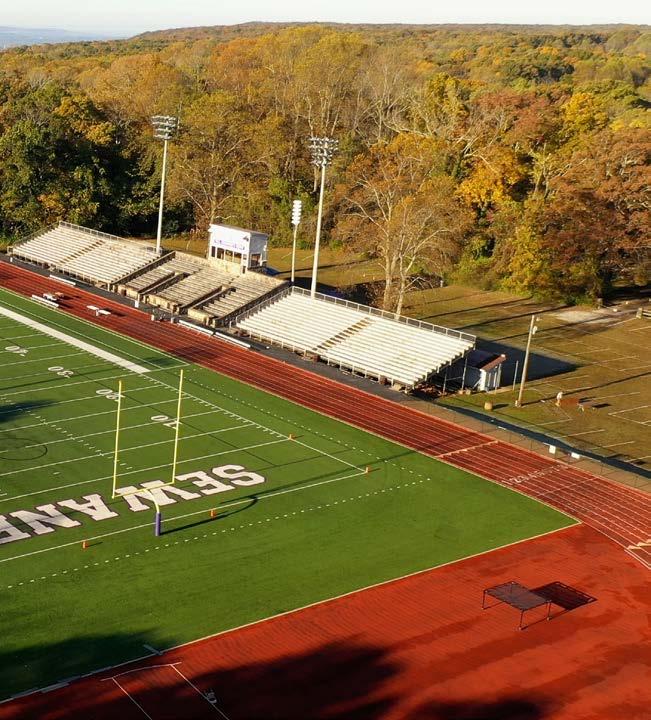
“Originally Hardee Field, it became McGee Field and then became historic Hardee-McGee Field. It is the oldest field in the South. It’s the fourth oldest in the country, and we’ve been playing football on it since 1891.” —Mark Webb
Interviews with the following people were conducted in 2017-2021 and are excerpted herein.












Yogi Anderson, former Sewanee player, assistant coach and alumni director
Tony Barnhart, author and CBS Sports commentator



Ralph Black III, Ralph P. Black’s grandson
Robert Black , former Sewanee player and head coach and current development officer
Bobby Bowden, former head football coach at Florida State University
Rex Bray, Ringland “Rex” Kilpatrick’s grandson
Reuben Brigety, 17th Vice Chancellor at The University of the South
Joel Cunningham, 15th Vice Chancellor at The University of the South
Vince Dooley, former head football coach and athletic director at the University of Georgia
Fred Faircloth, William “Warbler” Wilson’s great-grandson
Brad Gioia, former head of school at Montgomery
Bell Academy
Kirk Herbstreit, commentator for ESPN and Gameday
Kevin Jones, former Sewanee player
Laura Knox, Luke Lea’s daughter
Johnny Majors, former head football coach at the University of Tennessee and University of Pittsburgh










Larry Majors, former Sewanee player and assistant football coach
John McCardell, 16th Vice Chancellor at The University of the South
Jon Meacham, author and historian
Robert Miller, sports orthopedic surgeon
John Morrow, attorney
Wyatt Prunty, editor, poet, and author
Woody Register, history professor at The University of the South
Leah Rubino, Luke Lea’s granddaughter
Travis Rundle, former Sewanee head football coach
Nick Saban, former head football coach at the University of Alabama






Phil Savage, former Sewanee football player and current sports analyst and NFL scout
Frances Seibels, Henry “Ditty” Seibels’ daughter-in-law
Henry Seibels III, Henry “Ditty” Seibels’ grandson
Kelly Seibels, Henry “Ditty” Seibels’ grandson
John Shackelford, athletic director at The University of the South
Jerry Smith, former religion professor at The University of the South





Ken Smith, forestry professor at The University of the South
Kent Stephens, former curator at the College Football Hall of Fame and historian
Crom Tidwell, Luke Lea’s grandson
Mark Webb, former athletic director at The University of the South
Sam Williamson, 14th Vice Chancellor at The University of the South
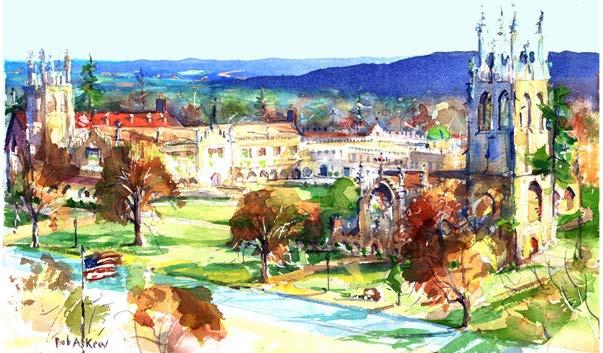
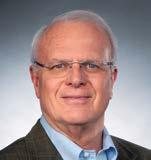

Norman Jetmundsen, Jr.
Retired attorney in Birmingham, Alabama, and former Trustee of The University of the South. He is a graduate of Sewanee, Class of ’76, The University of Alabama Law School, and Oxford University (Magdalen College). In addition to his work on the film, he is the author of two other novels and several published essays.
Karin Dupree Fecteau
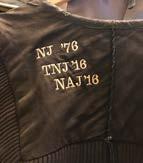
International award-winning Alabama-based graphic designer specializing in publications, brand development, advertising, nonprofit design work, and digital experience. She worked as a Senior Designer for Southern Living magazine before starting her own design studio in 2012. She is a graduate of Auburn University, Class of ’93.
This book, Unrivaled: Sewanee 1899, is available at: sewanee1899.org.
Thanks to Derick Belden and FRED for their professional design of the website. The documentary film is available on DVD or streaming formats. For questions about the book or film, please contact us at: sewanee1899@gmail.com. You can find up-to-date information about the book and film on Facebook (Unrivaled) or Instagram (@sewanee1899), as well as our website. For information about The University of the South, please visit: sewanee.edu.
In 1899 a small college football team achieved the impossible: They won five games in six days while traveling 2,500 miles by train. During their 12-0 season, the Sewanee Tigers beat the best teams in the South. The story of the 1899 Iron Men has all the hallmarks of fiction; yet, as former Sewanee Vice Chancellor John McCardell has noted, “It’s more than lore—it’s true.” It ranks as one of the greatest achievements in the history of sports.
“Undefeated seasons are rare. … Teams that accomplish a perfect season have an uncommon combination of talent, tenacity, and teamwork, which sets them apart. … Given the physical and mental demands of players at the turn of the 19th century, Sewanee’s 1899 team exhibited an incredible level of grit, determination, and perseverance, making it truly an outstanding football team.”
NICK SABAN
“Most of the time when you do research in college football, the mythology sort of overwhelms the reality of the situation, but that was not the case in the Sewanee Iron Men of 1899. There are so many extraordinary layers on this story. You peel one back and you see another one.”
—TONY BARNHART
“Certainly, the Sewanee team of ’99 and what they did is unrivaled. It will never ever happen again. … No team ever in the history of college football will ever be able to do what they did.”
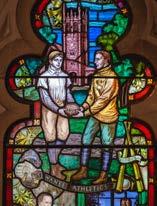
—VINCE DOOLEY “It’s unbelievable. How in the world could somebody do that? They’ve got a record nobody will ever top.”
—BOBBY BOWDEN
“Think about the way they played in 1899. They were biting and hitting each other and doing things that you would never see today. … It’s just the true Iron Man to be able to get through that.”
—KIRK HERBSTREIT
“We tell ourselves stories to give meaning to what’s happened, to try to make some sense of the present, and maybe to tell us where to go or how to get there. And so myth and history are intimately intertwined. Myth itself simply means an organizing story. It doesn’t necessarily mean it didn’t happen.”
—JON MEACHAM
“I know a lot about college football and its history but nothing can compare with what the ’99 team accomplished. It’s the most unusual, unique, special story I’ve ever read or heard about college football.”
—JOHNNY MAJORS
“That this little-known school could go on this barnstorming tour and come out on the other side victorious sets them apart from any other team that’ll be fielded in the future history of college football.”
—PHIL SAVAGE